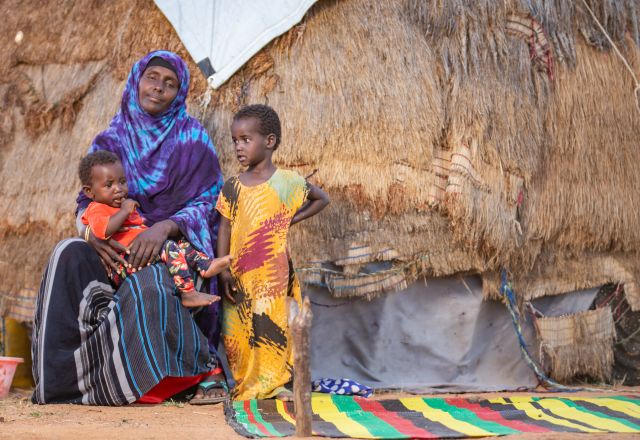
Our Work
We believe everyone has the right to thrive in an equal and sustainable world
Oxfam In Action
Oxfam Ireland is part of Oxfam International, a global confederation of 21 independent and interconnected affiliates working across 79 countries to end poverty and injustice.
Our work includes long-term development projects that help communities to build resilience and live happy, empowered lives. In times of crisis, including conflict and natural disaster, our humanitarian action on the ground provides life-saving support.
We provide tools and training to help grow livelihoods. We are recognised for our expertise in providing clean, safe, fresh water for communities.
Our work is guided by feminist and anti-racist principles, and we stand for just and fair economic systems, gender justice, climate and environmental justice and systems of accountability.
We campaign, lobby, educate and raise awareness of how poverty can only be ended by addressing, head-on, systemic inequality and injustice.
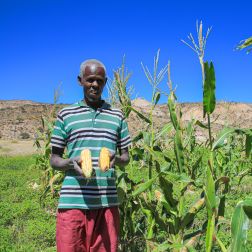
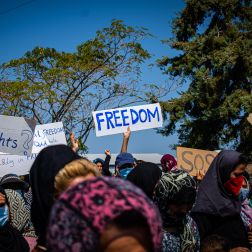
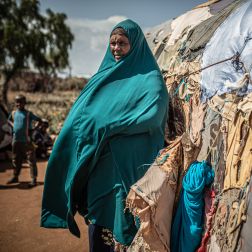
Supporting Vulnerable Communities
We support communities to fight for a better, fairer world.
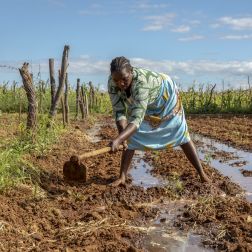
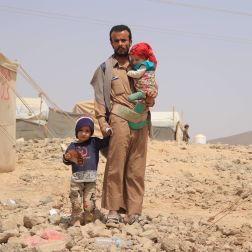
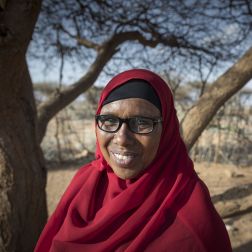
Fighting for Gender Justice
We support women and girls to live free from poverty, inequality and violence.
Our Programme Partners
We work with our partners to deliver development, humanitarian and influencing programmes.
